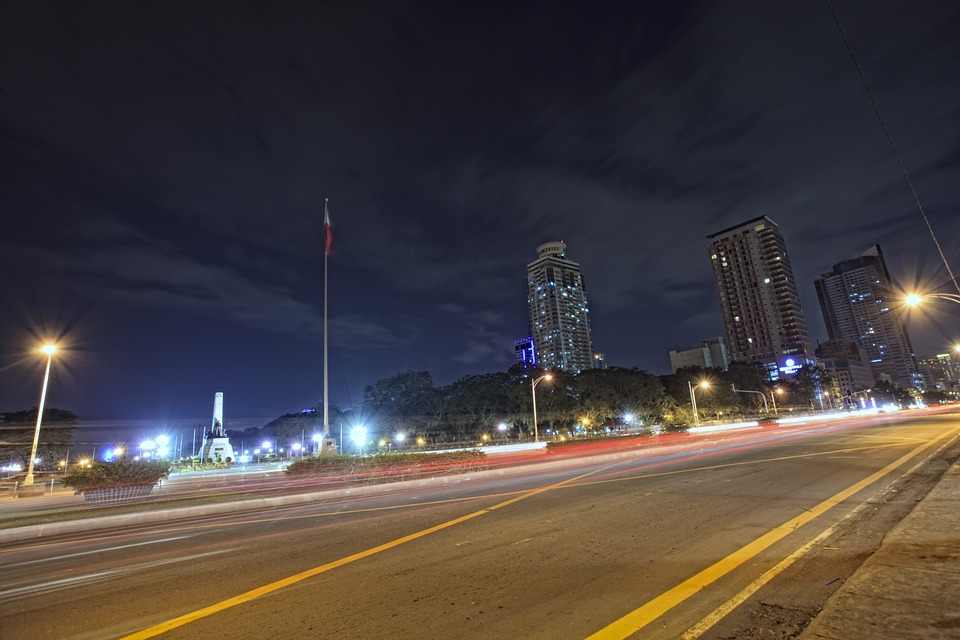The Philippines government was very eager to encourage foreign gambling establishments to set up new casinos in the country and capitalize on the decline of Macau’s gambling industry. However things haven’t worked out exactly as planned as the gambling industry in the Philippines has experienced a slow growth rate and has forced the government to look at new ways to bring in revenue.
The National Tax Research Center (NTRC) recently announced that it would favor a new bill that would look to impose a casino entry fee on all Filipinos who reside in the country. If the new bill gets rolled out, then Filipinos will have to pay around $75 to enter casinos in the Philippines but foreigners will be exempt from this entry fee of $75. NTRC believes that this new casino entry fee symbolizes the concept of existing unenforced legislation and would not come across as a hindrance as Filipinos enter the casinos because they have the financial resources to do so and a $75 fee would not stand in their way.
In a statement, the NTRC stated “Under Section 14(3)(b) of Presidential Decree 1869, Filipino residents with gross income of at least PHP50,000 in the previous year, as certified by the Bureau of Internal Revenue, are allowed to play in casinos. However, the said provision is neither observed nor imposed. Thus, the [new] bill aims to discourage Filipinos from playing in casinos”.
The new House Bill 4859 was put forward by Representative Peter Unabia and is called ‘An Act Imposing the Payment of Entrance Fee to Residents of the Philippines that Patronize Casino’. This bill is expected to be reviewed by the Philippines Congress and a decision will most likely be made early next year.
Singapore which is the third biggest gambling market in the world after Macau and Las Vegas also has a similar law in place which collects an entry fee from the local population. Singapore casinos collect around $71 for a 24 hour access period and around $1425 for 12 months of access to the casinos.
The NTRC also made a number of suggestions including highlighting concerns over the fact that there were unequal percentage of taxes being collected from the casino, horse racing and lotteries in the country. The center stated that casinos paid lesser taxes when compared to the horse racing industry and wanted the government to review its current tax regime on the casino industry.



